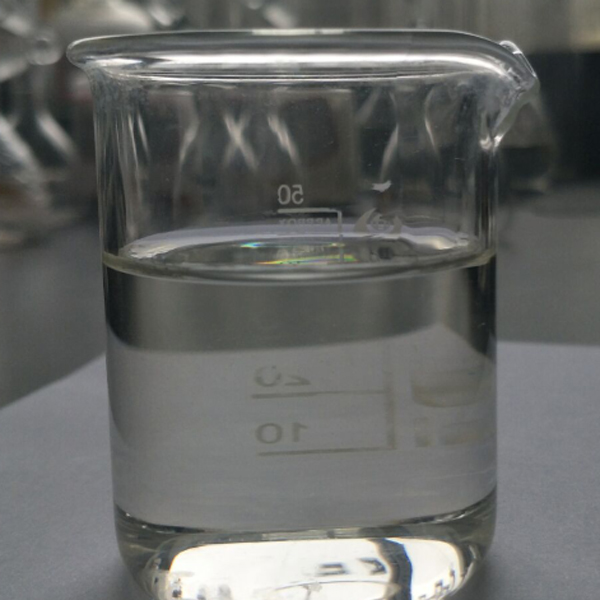
News
דצמ . 29, 2024 17:02 Back to list
Exploring Citric Acid's Effectiveness as a High-Quality Chelating Agent
High-Quality Citric Acid as a Chelating Agent
Citric acid, a weak organic acid characterized by its sour taste and ability to act as a natural preservative, is increasingly recognized for its multifunctional properties beyond its culinary uses. One of its most significant roles is as a chelating agent, which has applications in various industries, including food preservation, pharmaceuticals, agriculture, and environmental remediation. This article explores the properties of high-quality citric acid, its mechanisms of action as a chelating agent, and its diverse applications.
Understanding Chelation
Chelation is a chemical process in which a molecule binds to a metal ion, forming a stable complex. This process enhances the solubility and bioavailability of metals, making them easier to transport or remove from a system. High-quality chelating agents are essential in various fields to prevent metal toxicity, improve nutrient absorption, and facilitate metal recycling.
Properties of High-Quality Citric Acid
High-quality citric acid is typically derived from fermentation processes using specific strains of microorganisms. This method leads to a pure form free from harmful impurities. The purity of citric acid is crucial as it directly influences its chelating ability. Citric acid possesses three carboxyl groups, allowing it to effectively bind to metal ions such as calcium, magnesium, iron, and copper. This ability makes it an exceptional chelating agent, particularly in applications requiring stability and non-toxicity.
Applications of Citric Acid as a Chelating Agent
high quality citric acid as a chelating agent

1. Food Industry Citric acid is widely used in the food industry not only as a flavoring agent but also as a preservative. Its chelating ability helps to bind metal ions that may catalyze the oxidation of food products, thus extending shelf life and maintaining quality. By sequestering iron and other metals, citric acid prevents the formation of off-flavors and colors, ensuring that food remains fresh and appealing.
2. Pharmaceuticals In the pharmaceutical sector, citric acid serves as a stabilizer in formulations involving metal ions. Chelating agents are vital in drug delivery systems where metal complexes can affect the efficacy of active ingredients. Citric acid improves the solubility and bioavailability of certain medications, enhancing therapeutic outcomes.
3. Agriculture In agriculture, high-quality citric acid is utilized to improve the availability of nutrients to plants. It helps to solubilize essential trace metals in the soil, making them more accessible to plants. This application is particularly beneficial in alkaline soils, where metal ions can become bound and unavailable for plant uptake. Moreover, citric acid is often used in fertigation practices, promoting healthy crop growth and maximizing yields.
4. Environmental Remediation Citric acid is gaining attention as a green alternative in environmental cleanup projects. Its chelating properties make it effective in mobilizing heavy metals from contaminated soils or water. By forming stable complexes, citric acid facilitates the removal of toxic metals, enhancing the detoxification process in various environmental settings.
5. Household Products Citric acid is often included in household cleaning products due to its ability to chelate hard water minerals. This function prevents scale buildup in appliances and improves the effectiveness of detergents. Its non-toxic nature makes it a safe alternative for consumers seeking environmentally friendly cleaning solutions.
Conclusion
High-quality citric acid stands out as a versatile chelating agent with immense potential across various industries. Its ability to bind metal ions effectively enhances food preservation, pharmaceutical formulations, agricultural productivity, environmental remediation, and household cleaning. As industries continue to embrace sustainable practices and seek non-toxic alternatives, citric acid will undoubtedly play a crucial role. Its multifaceted applications underscore the importance of investing in the production of high-quality citric acid, ultimately contributing to healthier products and cleaner environments.
-
OEM Chelating Agent Preservative Supplier & Manufacturer High-Quality Customized Solutions
NewsJul.08,2025
-
OEM Potassium Chelating Agent Manufacturer - Custom Potassium Oxalate & Citrate Solutions
NewsJul.08,2025
-
OEM Pentasodium DTPA Chelating Agent Supplier & Manufacturer High Purity & Cost-Effective Solutions
NewsJul.08,2025
-
High-Efficiency Chelated Trace Elements Fertilizer Bulk Supplier & Manufacturer Quotes
NewsJul.07,2025
-
High Quality K Formation for a Chelating Agent – Reliable Manufacturer & Supplier
NewsJul.07,2025
-
Best Chelated Iron Supplement for Plants Reliable Chelated Iron Fertilizer Supplier & Price
NewsJul.06,2025
